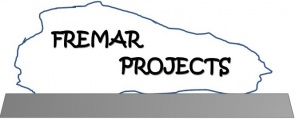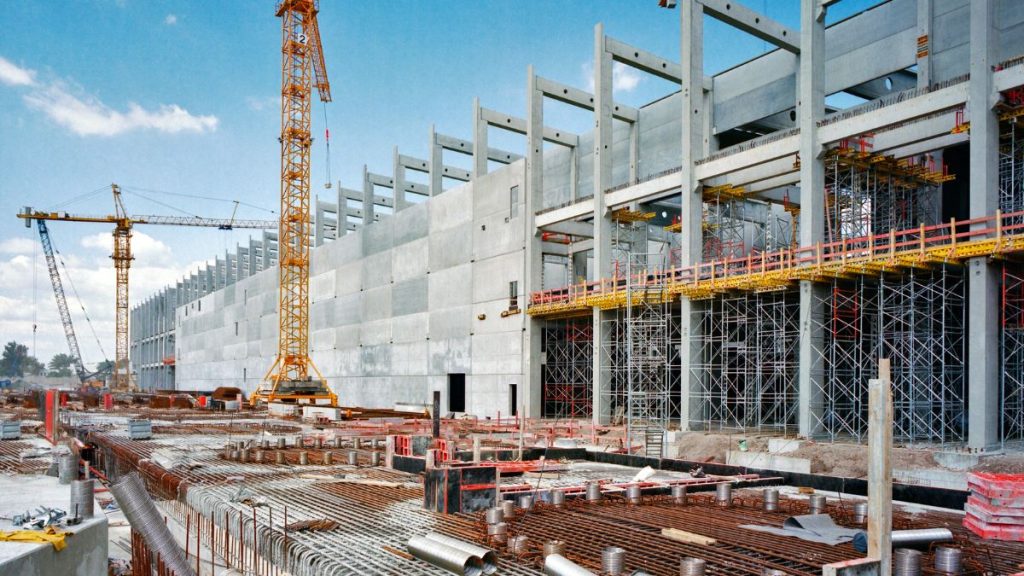The construction industry is in the midst of a revolution. As technology advances and global priorities shift, new trends are emerging that redefine how projects are managed and delivered. For companies navigating the built environment, staying ahead of these trends is critical to success.
Let’s dive into the five most exciting trends shaping the future of construction and project management.
1. Green Building and Sustainable Practices
Sustainability is no longer just a buzzword—it’s a priority. Governments, businesses, and communities are demanding greener, more eco-friendly construction practices.
What this means for project management:
- Greater focus on sourcing sustainable materials.
- Incorporation of energy-efficient designs and renewable energy systems.
- Implementation of strategies to reduce construction waste.
As project managers, the ability to balance sustainability goals with timelines and budgets is becoming an essential skill.
2. Integration of AI and Machine Learning
Artificial intelligence (AI) is revolutionizing project management by improving efficiency and decision-making. Machine learning algorithms analyze vast amounts of data to predict project risks, optimize schedules, and even suggest design improvements.
Example in action:
- Predictive analytics to forecast potential delays.
- Automated resource allocation to reduce waste.
- Real-time monitoring tools for progress tracking.
These technologies empower project managers to make data-driven decisions with precision and speed.
3. Modular and Prefabricated Construction
Off-site construction is gaining traction as a faster, more cost-effective alternative to traditional methods. Modular construction involves assembling building components in a controlled factory setting before transporting them to the site.
Benefits of modular construction:
- Shorter project timelines.
- Reduced on-site waste and disruptions.
- Consistent quality due to controlled manufacturing environments.
Project managers now need to adapt to the logistics of coordinating off-site and on-site activities seamlessly.
4. Digital Twins in Construction
A digital twin is a virtual replica of a physical asset, allowing project teams to simulate and analyze performance before construction begins.
Applications in project management:
- Test various design scenarios for efficiency and sustainability.
- Identify potential issues before they occur.
- Enhance collaboration by sharing a unified digital model with stakeholders.
This innovative approach minimizes risks and helps ensure that the final product meets expectations.
5. A Focus on Health and Safety
The pandemic has redefined how health and safety are approached in construction. From better air quality standards to advanced site monitoring tools, ensuring the well-being of workers and users is now a top priority.
Key developments:
- Use of wearable tech to track worker safety.
- Improved ventilation systems in building designs.
- Enhanced safety training programs using virtual reality (VR).
For project managers, prioritizing health and safety has become integral to successful project delivery.
The Future Is Now
As these trends reshape the construction landscape, the role of project management is evolving to meet new challenges and opportunities. By embracing innovation, sustainability, and technology, project managers can lead the way in creating structures that are not only functional but also forward-thinking.
The question is: Are you ready to adapt and thrive in this dynamic industry?



